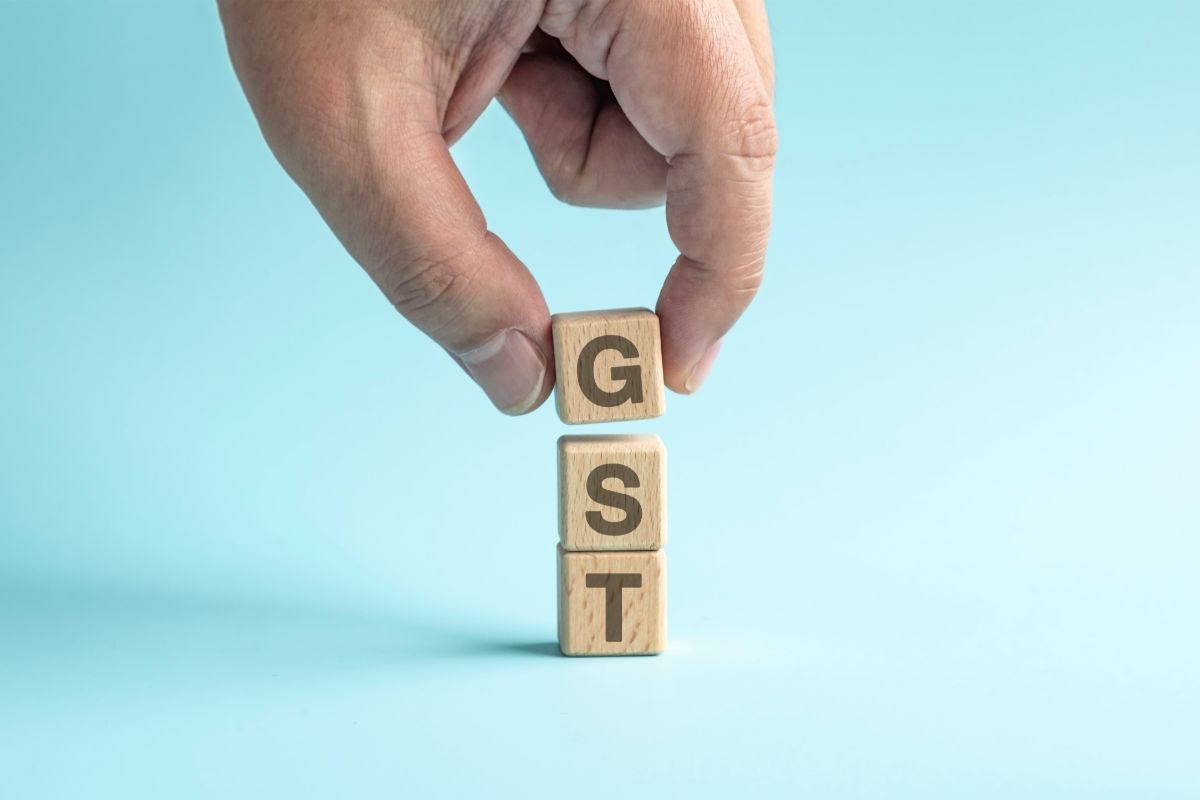
How SMEs can simplify their GST compliance processes?
The importance of SMEs (Small Business Enterprises) cannot be overstated. These small businesses are not only one of the major contributors to GDP but play a much bigger role. For instance, SMEs help boost equality. They distribute resources to the most remote areas and, thus, create a level playing field for all regions, be they near or far, developed or developing. Additionally, these small enterprises help increase employment as well, and thus, again, prove to be beneficial to the overall growth of society.
GST and Its Significance
When the Goods and Services Tax (GST) was introduced in 2017, it helped transform SMEs and also made starting a new business easier. GST is an indirect tax imposed on sales of goods and services. It is a multi-level tax introduced to replace the other indirect taxes like service tax, excise duty, and many more. However, in the very beginning, SMEs were sceptical about this new tax system. But with GST into the picture, taxation, as well as introducing a business, became much easier and simpler. The efficiency rises, which further leads to a lower effective cost (by saving time and improving efficiency) for small businesses.
What is GST compliance? Importance of GST Compliance
The introduction of GST surely helped small businesses, and it also made GST Compliance mandatory for all SMEs. GST Compliance needs small businesses to maintain their tax records, timely returns and payments, and so on. It may be a hectic task. However, it is quite important for SMEs to keep these compliance audits using some tools. This compliance can prove significant in several ways.
- Helps SMEs recognise underlying non-compliance issues –Maintaining regular compliance audits like tax records and more help SMEs understand their non-compliance issues like improper documentation, error in tax records, and more. With regular audits, these errors are recognised timely, helping SMEs resolve them to avoid penalties or adverse consequences.
- Maintaining precision in tax payments – GST Compliance needs SMEs to maintain regular audits and, thus, help them ensure they pay their taxes correctly, avoiding the chances of any mistakes.
- Helps in risk identification – Regular compliance audits also help SMEs look into all their issues like invoicing errors, fraud claims, and more that could be potential risks and can attract penalties. Identifying such issues on time helps small businesses avoid any legal action against them.
Key Digital Tools for GST Compliance
GST Compliance proves to be quite significant and is a legal responsibility as well. However, understanding it from the very core can be a hustle for small businesses. To help with the same, there are a bunch of digital tools designed to help SMEs ease their compliance procedures.
Some of the most popular digital tools for GST Compliance are:
- GST Software – GST Software is quite a helpful tool that automates a bunch of compliance tasks like calculating GST, e-billing, invoice generation, and many more. This reduces the hassle of doing them manually and also provides accuracy.
- GST Filling Tool – Filing timely returns is one of the most important aspects of GST Compliance. Ignoring the same can be risky and legally wrong as well. A GST filing tool ensures you never have to go through all this. It sets reminders regarding deadlines to ensure businesses file their returns timely.
- E-Bill generation – E-Bill Generator is a useful tool for small businesses engaged in interstate commerce. As the name suggests, this tool is quite helpful in easily generating e-bills with the most accuracy.
- GST Compliance Dashboard – As GST Compliance is mandatory, the GST Compliance Dashboard comes in handy in maintaining a status of the same. It tells all about the risks, action needed, and so on.
There are several benefits of using these digital tools for GST Compliance. This includes:
- Greater Accuracy – Digital tools do the automated tasks, reducing the chances of errors that could occur in manual audits.
- Time-efficient – The automated design of these tools allows them to do their work quickly and easily. This means you need not to spend all your time and energy maintaining compliance audits.
- Cost-effective – Digital tools also reduce the dependency on staff and manual workers, thus helping to save the extra penny on it.
- Allow you to get real-time updates – Several digital tools are designed not only to ease your work but to also keep you updated. They provide real-time modifications in GST Regulations, helping you avoid any mistakes.
How SMEs can simplify their GST compliance processes?
Digital tools surely come in handy. However, SMEs can also follow other methods to improve their compliance:
- GST Compliance Officer – Having a GST Officer who can handle all the records of taxes and everything can be quite helpful for SMEs to improve their compliance.
- GST Training – One of the most effective and subtle ways to ensure GST compliance for SMEs is by introducing GST training in their firms. This way, they can make their employees aware of the latest GST regulations and the related concepts. Thus teaching them properly to avoid the occurrence of any errors.
Conclude with: GST compliance means greater credibility
With GST Compliance, smaller businesses can maintain a system of regular checks and balances through audits. This itself helps them in the long run by easing their expansion in the future. The filing and other procedures related to GST Compliance require SMEs to maintain their records, including transactions, credits, and more. This boosts their credibility and makes them more trustable to the banks, thus the availability of more capital in a convenient way.
PaisaDost can be quite helpful for small and medium enterprises in following a bunch of GST Compliance procedures. Thus allowing you to exploit the maximum benefits of GST regulations and avoid any adversaries at the same time.








